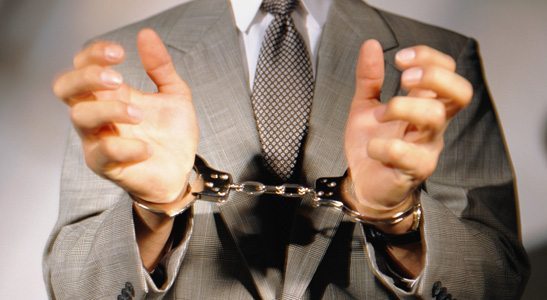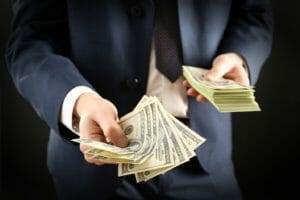It is impossible to reflect on the recent recession without thinking of multi-million and billion dollar business fraud allegations — Bernie Madoff, Allen Stanford and Danny Pang dominated the headlines, to name a few.
We shake our heads and ask how it happened — poor investor due diligence, a lack of government oversight, unchecked lending, or just greed.
Business Fraud
Forensic accountants have long known that business fraud is heavily dependent on an individual’s position in an organization and the level of tempting circumstances. The general rule for this “occupational fraud” is the higher the rank in the organization, the greater the risk for a significant fraud to be committed.
The circumstances that create fraud temptation fall into three categories that create the legs of the Fraud Triangle. This is a well-known fraud model based on the work of criminologist Donald R. Cressey to understand why people commit occupational fraud.
The Fraud Triangle reflects that three elements must be present for fraud to be committed:
1. Incentive or pressure;
2. Opportunity; and
3. Rationalization.
Incentive or pressure is the presence of non-sharable personal problems, which often include a belief that money will make the problem go away. The element of opportunity requires a perception that one has the position, knowledge, skill and access needed to commit fraud unnoticed and undetected by others. Rationalization is a person’s ability to plan, commit and hide fraud in the workplace with a belief that the bad act is reasonable and justified.
Recession Fraud Trouble
Today we are faced with weak consumer confidence, increasing business failures, record levels of unemployment, depressed real estate markets, restricted access to loans and capital, impaired retirement accounts and a likely future of increasing taxes and governmental debt. In the world of the forensic accountant, this is an enormous amount of pressure increasing the risk of fraud. That pressure, when combined with shrinking business oversight due to lay-offs and cost cutting and desperation felt by the average worker to get all they can before they are fired, add opportunity and rationalization in ways never experienced before.
Forensic Accounting Against Fraud
More and more businesses are discovering that forensic accounting is an effective tool in the management and defense of fraud. Hot services right now include:
Fraud Assessment, Monitoring & Compliance
Sometimes referred to as fraud “audits” (although they are not per se), these services include fraud risk assessment, implementation of fraud detection and prevention programs and fraud monitoring activities.
Forensic Due Diligence
These services are designed to discover information and confirm facts using data analytics, investigative techniques, background checks and other methods.
Fraud Investigation
This type of forensic service respond to allegations of fraud, white-collar crime, waste and abuse.
Fraudulent Conveyance and Preference Search
Typically performed in connection with bankruptcy proceedings, this forensic service includes the search for and analysis of potentially fraudulent transfers and preferential payments.
Asset Tracing and Recovery
Forensics services in this area identify hidden assets and include efforts to locate and recover them.
Anti-Money Laundering and Foreign Corrupt Practices Act
Compliance with Federal and state laws is an important activity, and these services assist to identify compliance risks and to assess and test existing systems, practices and procedures.
Litigation Consulting
These are forensic accounting services performed in connection with litigation. Forensic accountants often serve as expert witnesses related to fraud and damages.
For more information about business fraud, please visit gt.com.




